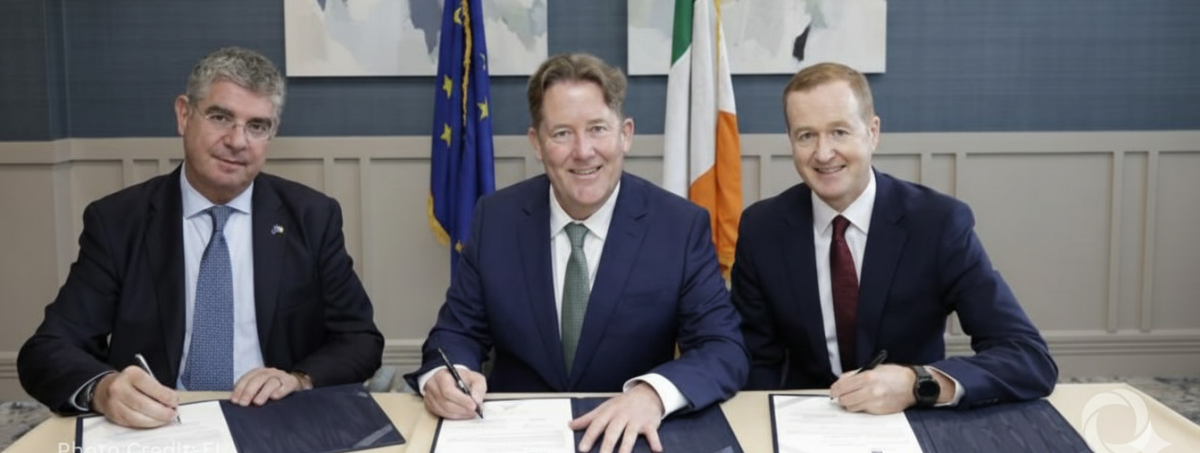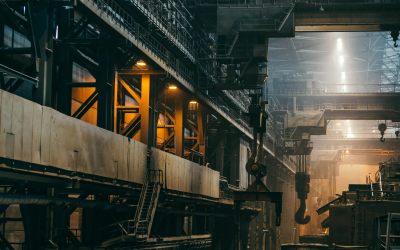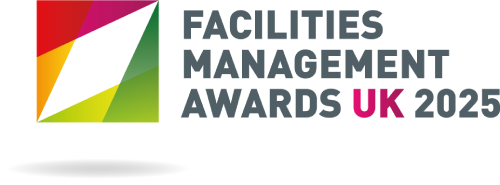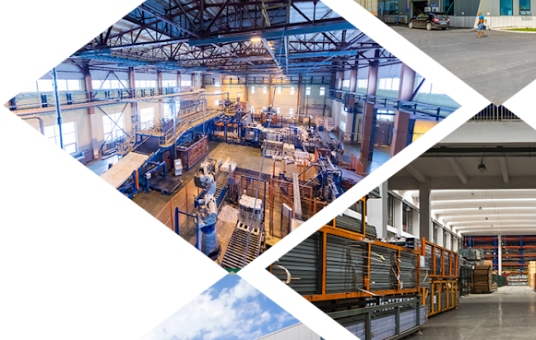The European Investment Bank (EIB) has launched a new advisory initiative to help Irish cities accelerate the rollout of district heating systems—an effort aimed at lowering household energy costs while slashing carbon emissions. Dublin and Cork, both part of the EU’s Climate Neutral and Smart Cities Mission, will be the first to benefit as Ireland moves from pilot plans to real investments in clean heat infrastructure.
District heating distributes heat from central sources to multiple buildings via insulated pipelines, using renewable energy, waste heat from data centres, or industrial by-products. While widespread in Nordic and Central European nations, it currently provides less than 1 percent of Ireland’s heat demand. Over 80 percent of Irish homes still depend on fossil fuels, which contribute more than a third of the country’s energy-related emissions.
Housing Minister Darragh O’Brien said the collaboration with the EIB and Sustainable Energy Authority of Ireland (SEAI) will help develop community-based projects that lower costs for families and employers while creating green jobs. “By investing in sustainable heating infrastructure today, we are laying the foundation for a more resilient, energy-secure Ireland for future generations,” he said.
EIB Vice President Ioannis Tsakiris highlighted that the Bank’s experience across Europe will support Ireland in designing affordable and scalable district heating networks. SEAI CEO William Walsh added that district heating is essential to tackling Ireland’s heat emissions challenge, urging a shift in national strategy to match proven European success stories.
The support falls under the InvestEU Advisory Hub and builds on recent EIB partnerships in housing, retrofitting, and public-sector decarbonisation. It also complements the government’s €1.1 billion Budget 2026 commitment to energy transition.
Read the full article to discover how district heating could reshape Ireland’s path to clean, affordable energy.
















.png)

